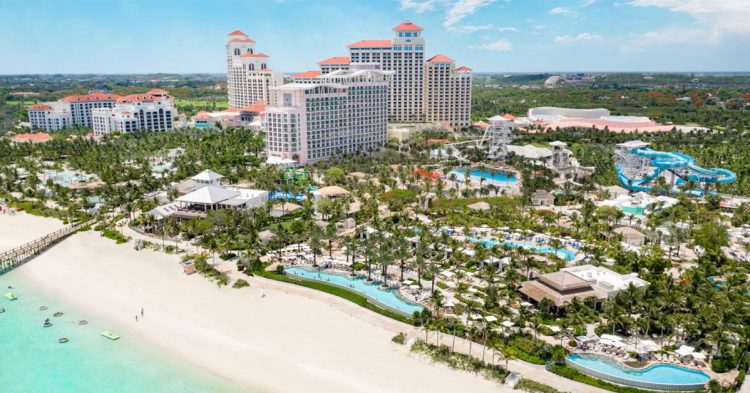The prime minister of the Bahamas, Phillip Davis, recently voiced his approval for new legislation focused on authorizing the use of cannabis for medicinal and religious purposes and decriminalizing the possession of small quantities.
During a parliamentary session on July 15th, Davis highlighted the importance of establishing regulations to manage the cultivation, sale, and consumption of cannabis to protect the well-being of the citizens.
He acknowledged the persistent demands from the Bahamian public for reform in cannabis laws. He also pointed out that nearby nations such as Jamaica, Trinidad and Tobago, Antigua and Barbuda, and Barbados have already adopted similar reforms, which has raised questions among Bahamians about when they would see change.
Discussions about cannabis in the Bahamas have been active for almost ten years, gaining traction with the initiation of the Marijuana Commission in October 2018. This group’s efforts led to a preliminary report in January 2020 and a final report in August 2021, both supporting the public’s favor for legalizing medicinal cannabis and decriminalizing it.
Davis said the Commission suggested legalizing medical cannabis, decriminalizing possession of small amounts for personal use, permitting religious usage among Rastafarians, and enacting rigorous standards for product quality and safety.
Under his Progressive Liberal Party’s plan, titled “Blueprint for Change,” Davis proposed a detailed regulatory plan for the cannabis sector. This plan draws on findings from the CARICOM Regional Commission on Marijuana and case studies from countries like Jamaica, Barbados, and Canada.
He stressed the government’s commitment to crafting fair and effective laws and regulations that would foster economic growth, enhance public health, ensure public order, and uphold high standards. Public consultations involved discussions with healthcare professionals, church officials, advocates for legalization, and leaders from the Rastafarian community.
According to a 2023 survey by Public Domain, 61% of Bahamians back the legalization of medicinal cannabis. Davis highlighted the urgency for legislative updates, noting that many individuals have been waiting for the legal option to use medical cannabis for various health conditions.
The government plans to clear criminal records for individuals previously convicted of possessing small amounts of marijuana, addressing the antiquated policies from the War on Drugs era.
Davis affirmed government support for legal cannabis use while maintaining strict controls over illegal activities. He also recognized the Rastafarian community’s right to use cannabis for religious practices.
He also discussed the potential economic benefits of a regulated cannabis market, which could create numerous jobs across agriculture, manufacturing, retail, and healthcare sectors. The new laws aim to ensure that Bahamian entrepreneurs have fair access to market opportunities.
The forthcoming Cannabis Bill (2024) will establish the Bahamas Cannabis Authority to regulate and oversee all cannabis-related activities. The authority will grant licenses for cultivation, retail, testing, manufacturing, research, transport, and religious uses. Notably, businesses applying for licenses in cultivation, sale, or transport must be wholly owned by Bahamians, whereas those applying for licenses in testing, manufacturing, or research must have at least 30% Bahamian ownership.
Davis stressed the significance of ensuring Bahamian ownership in the emerging cannabis sector, which is aimed at empowering local businesspeople and setting a precedent for future economic sectors in the Bahamas.









